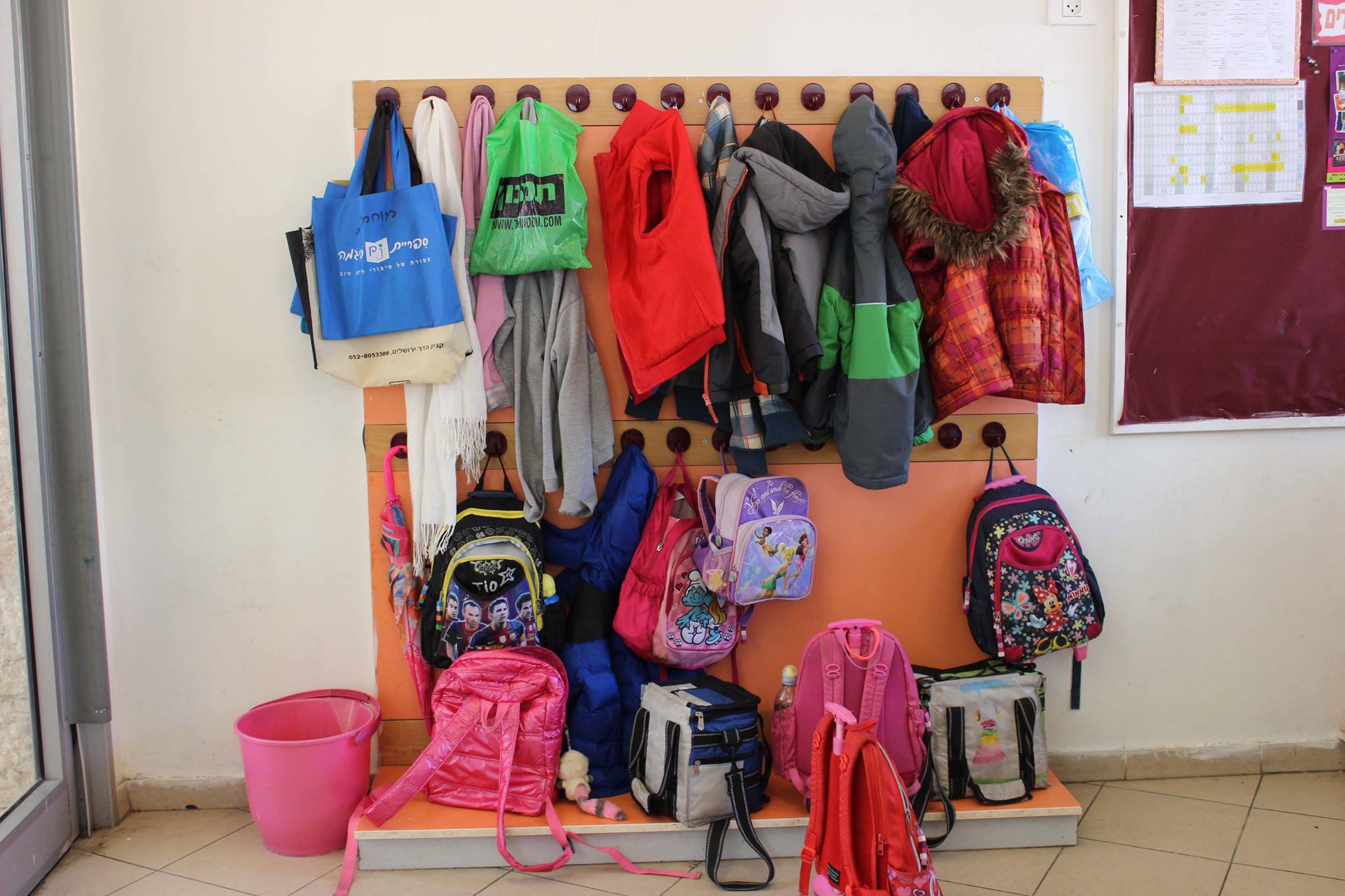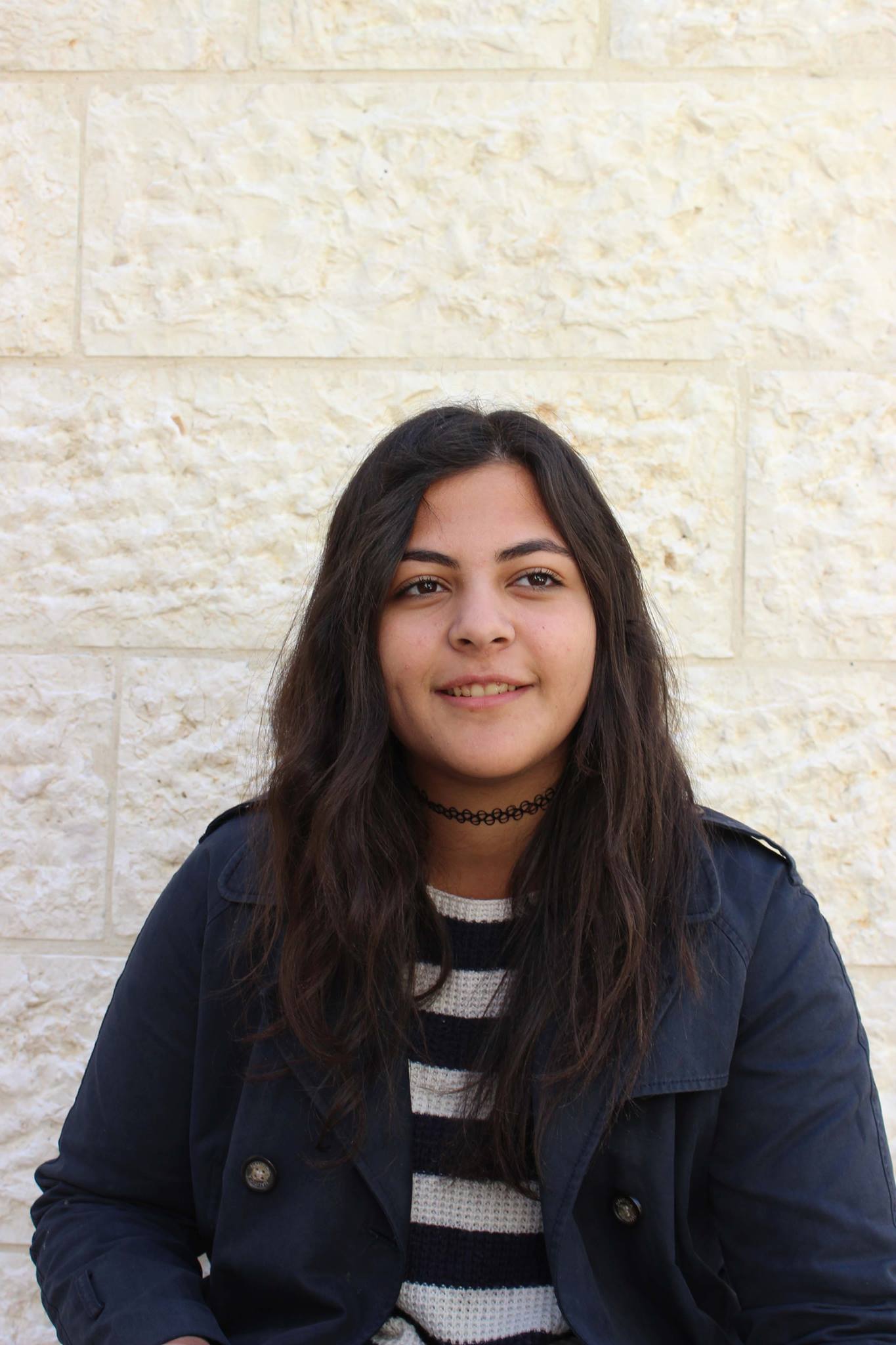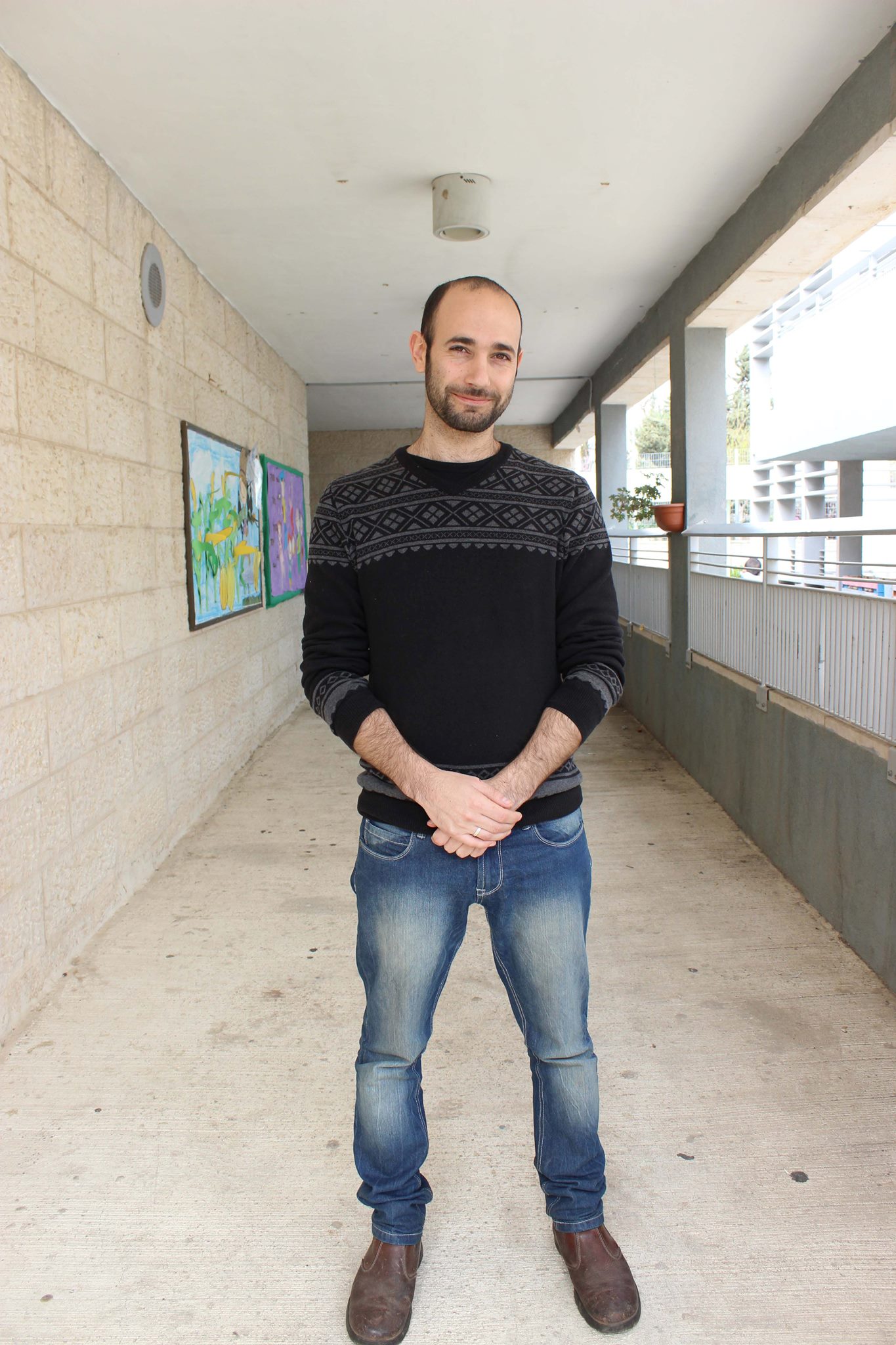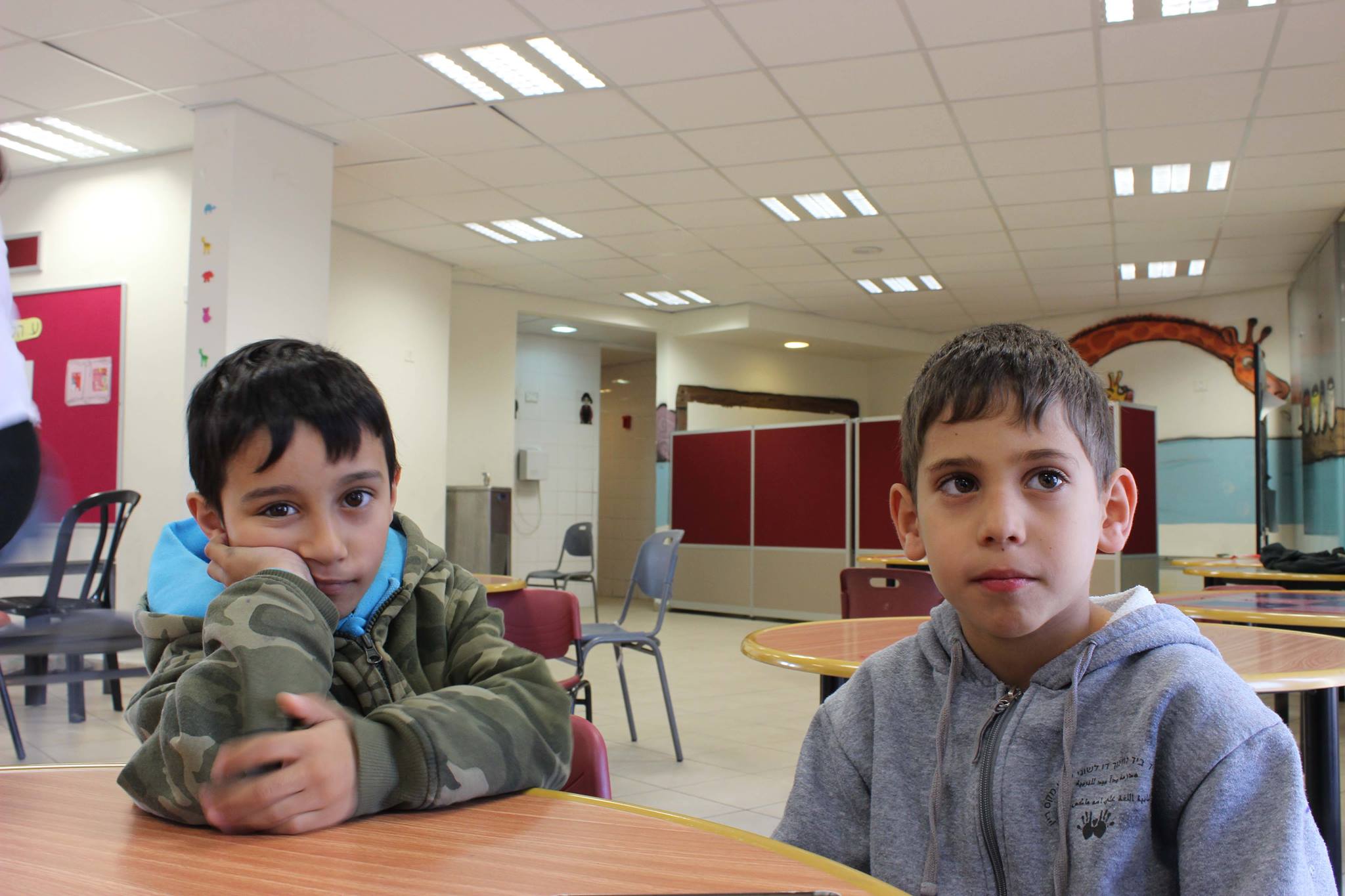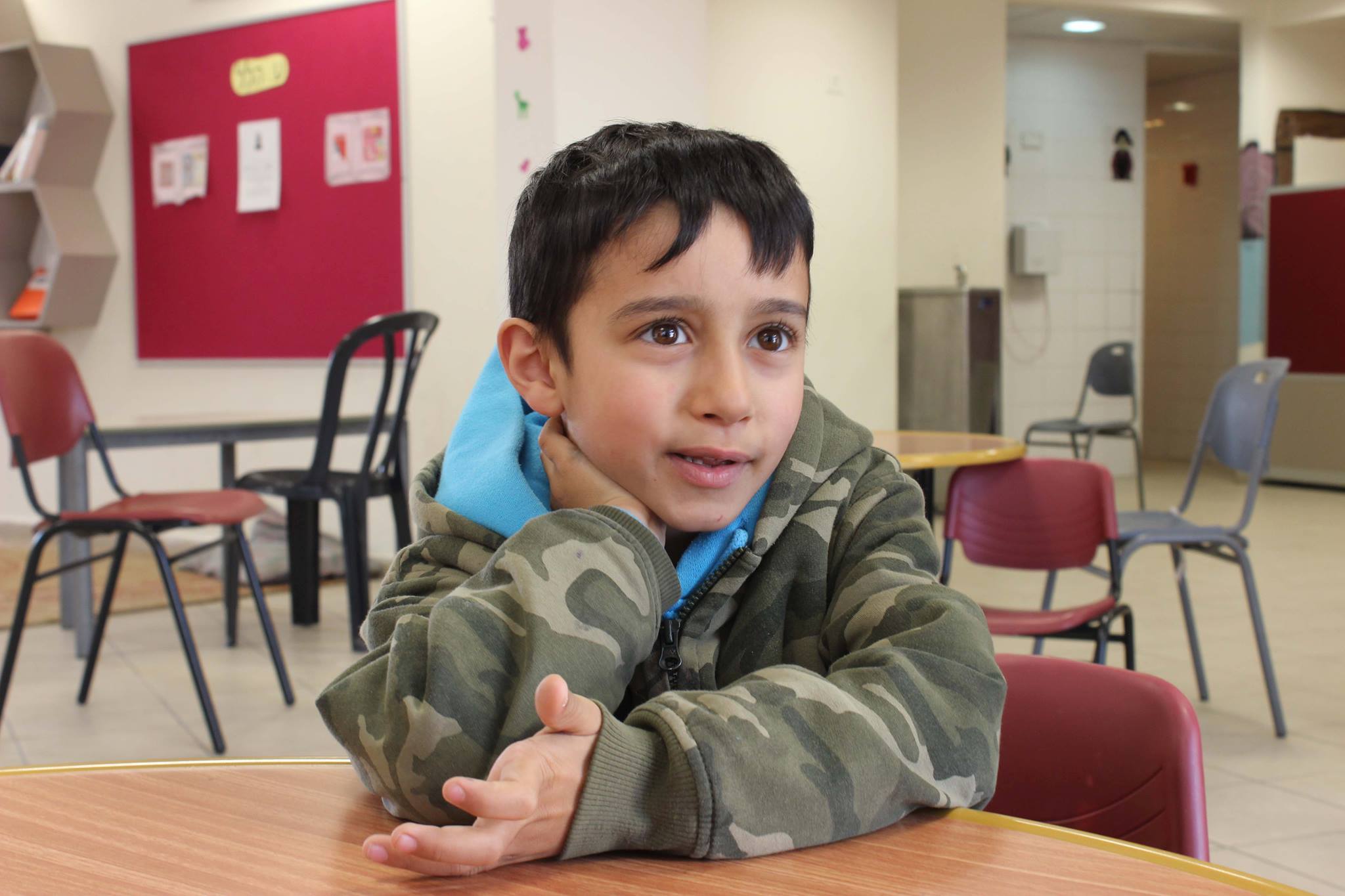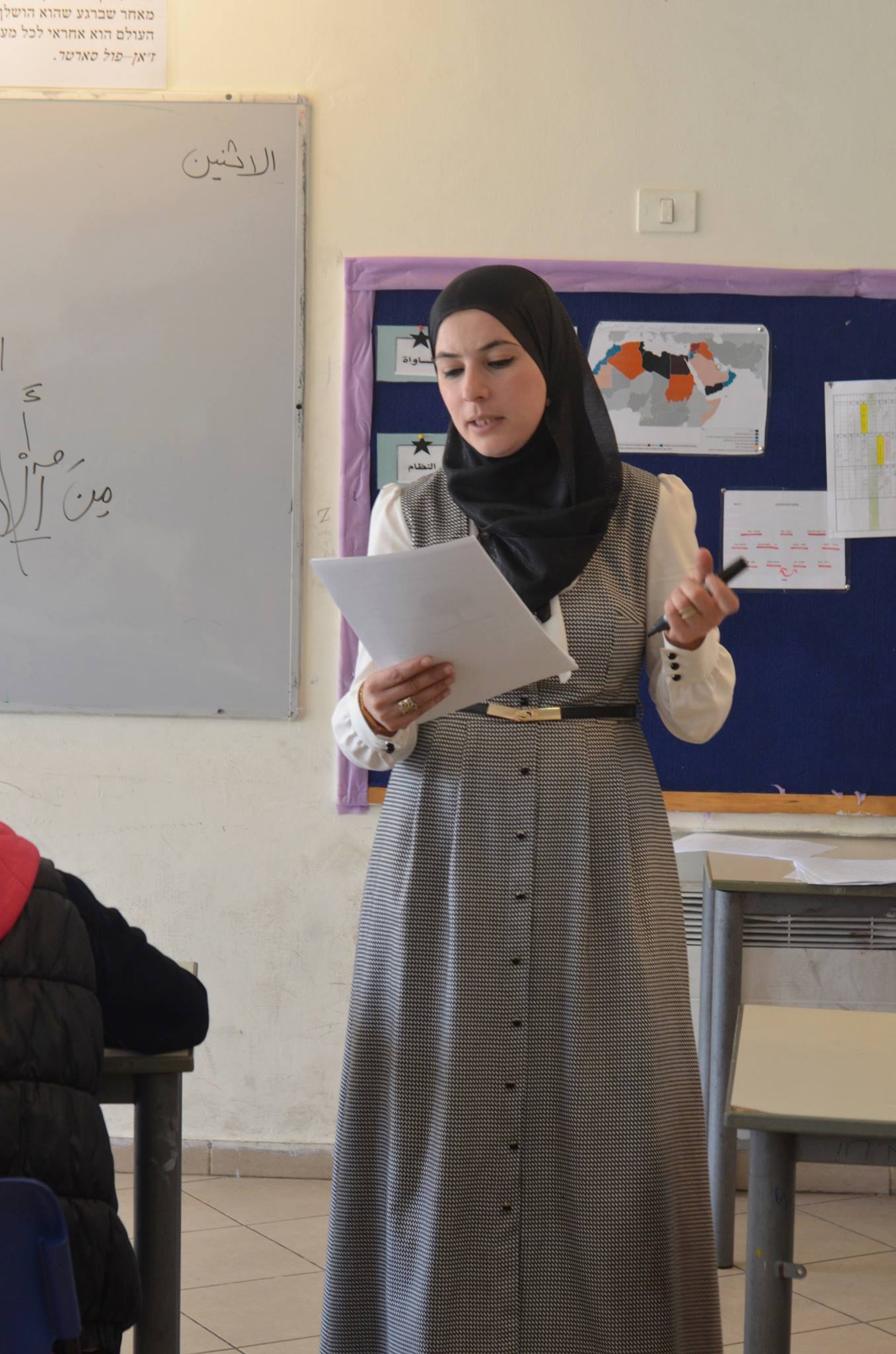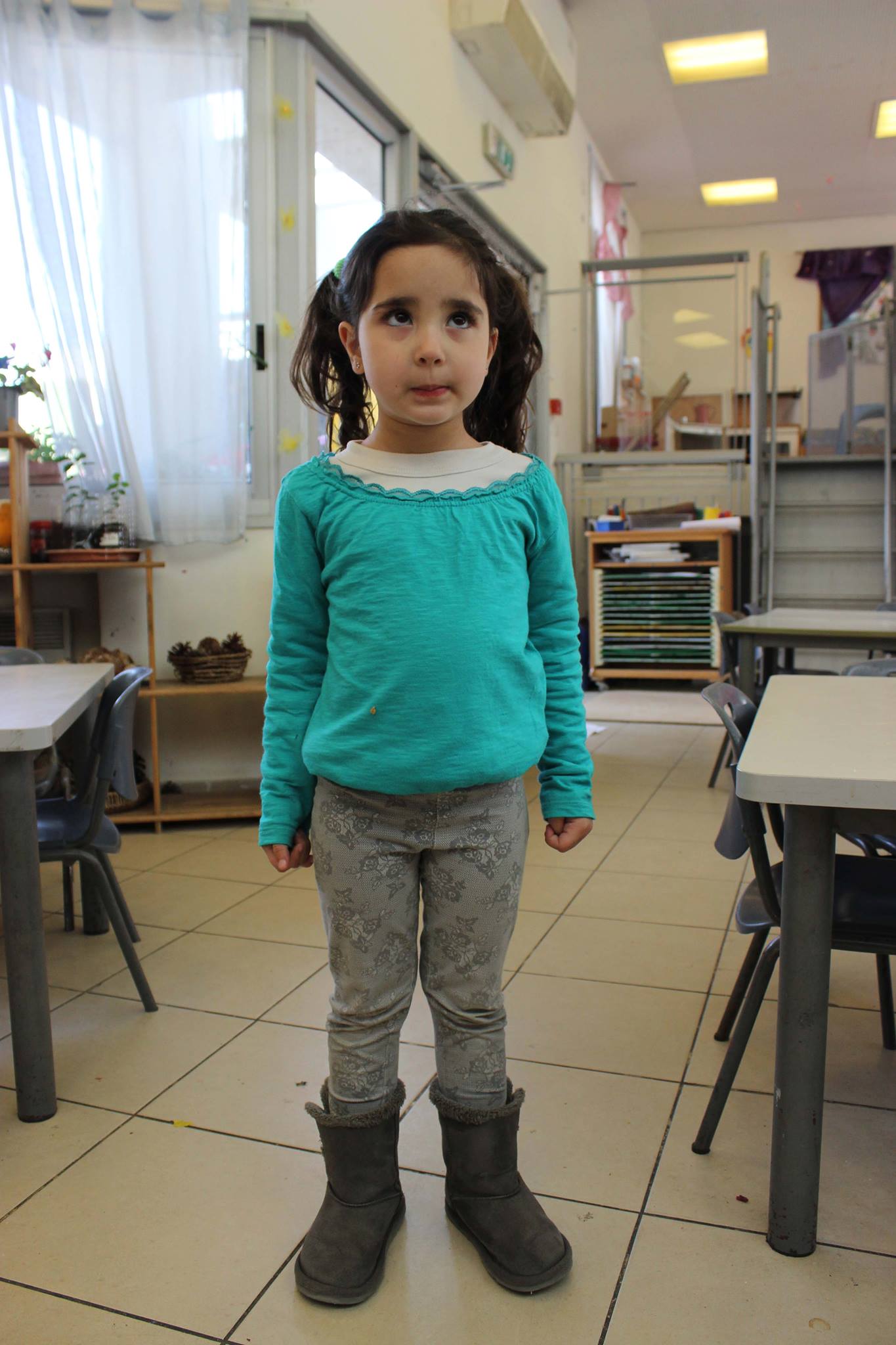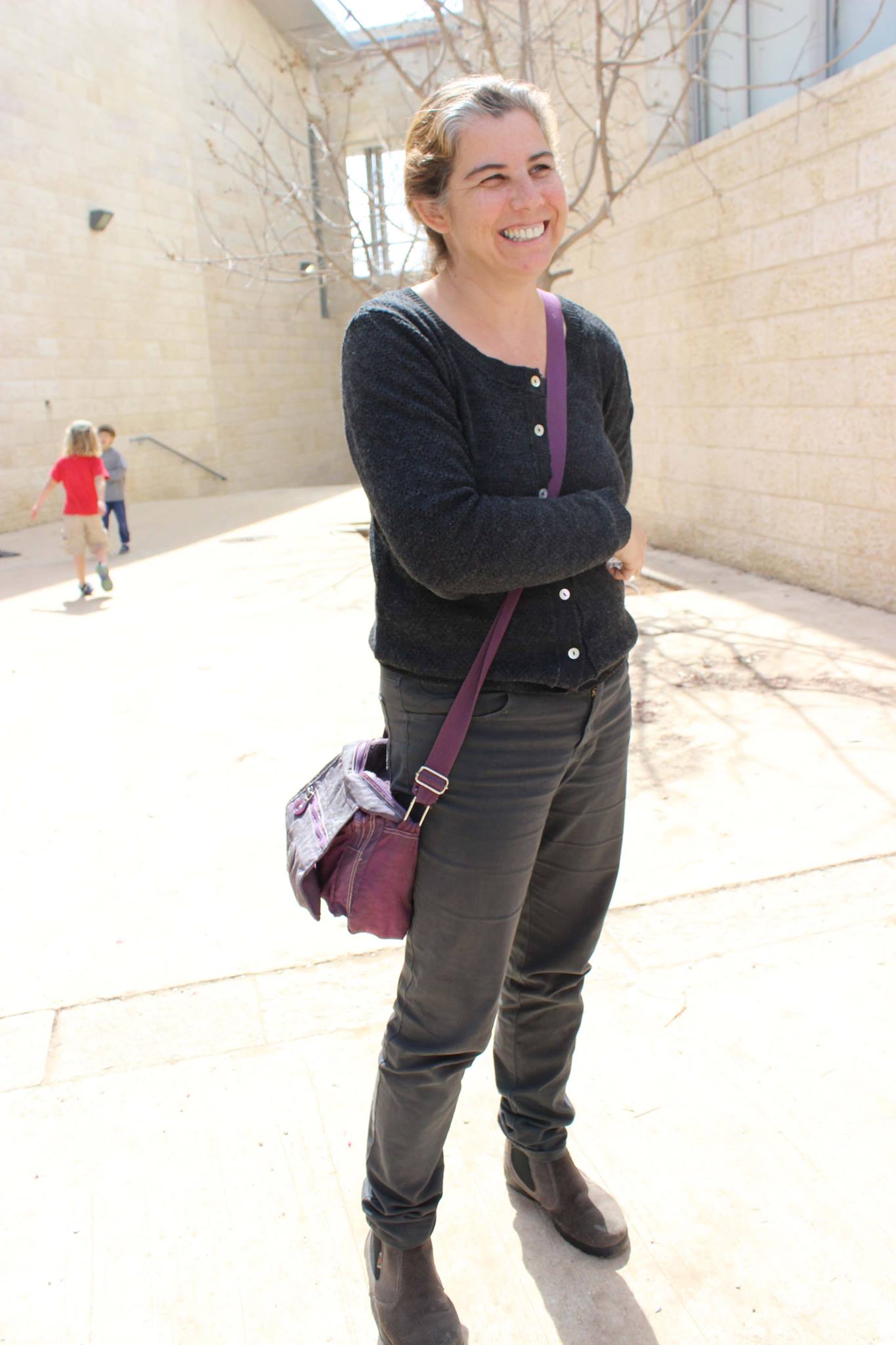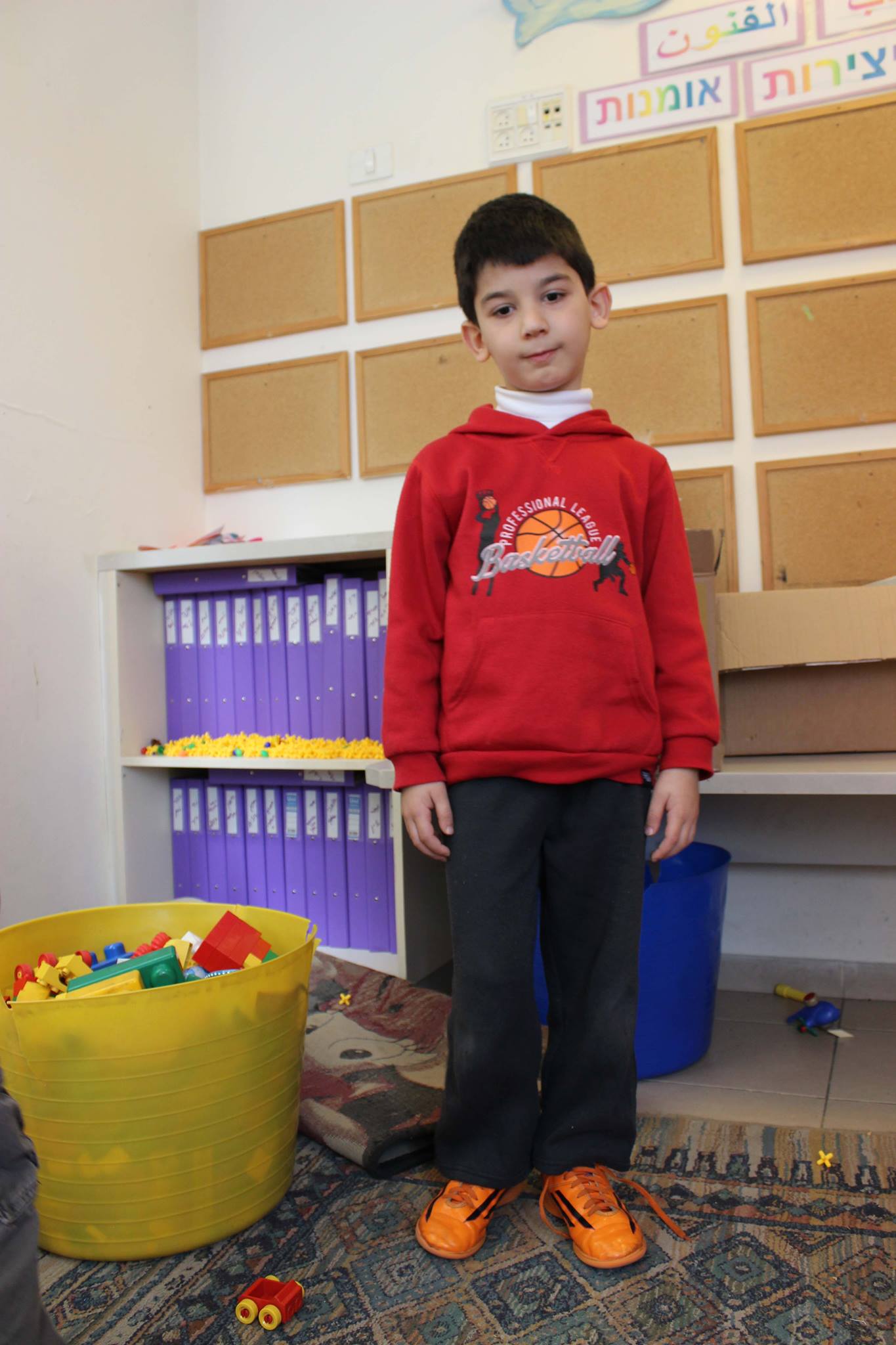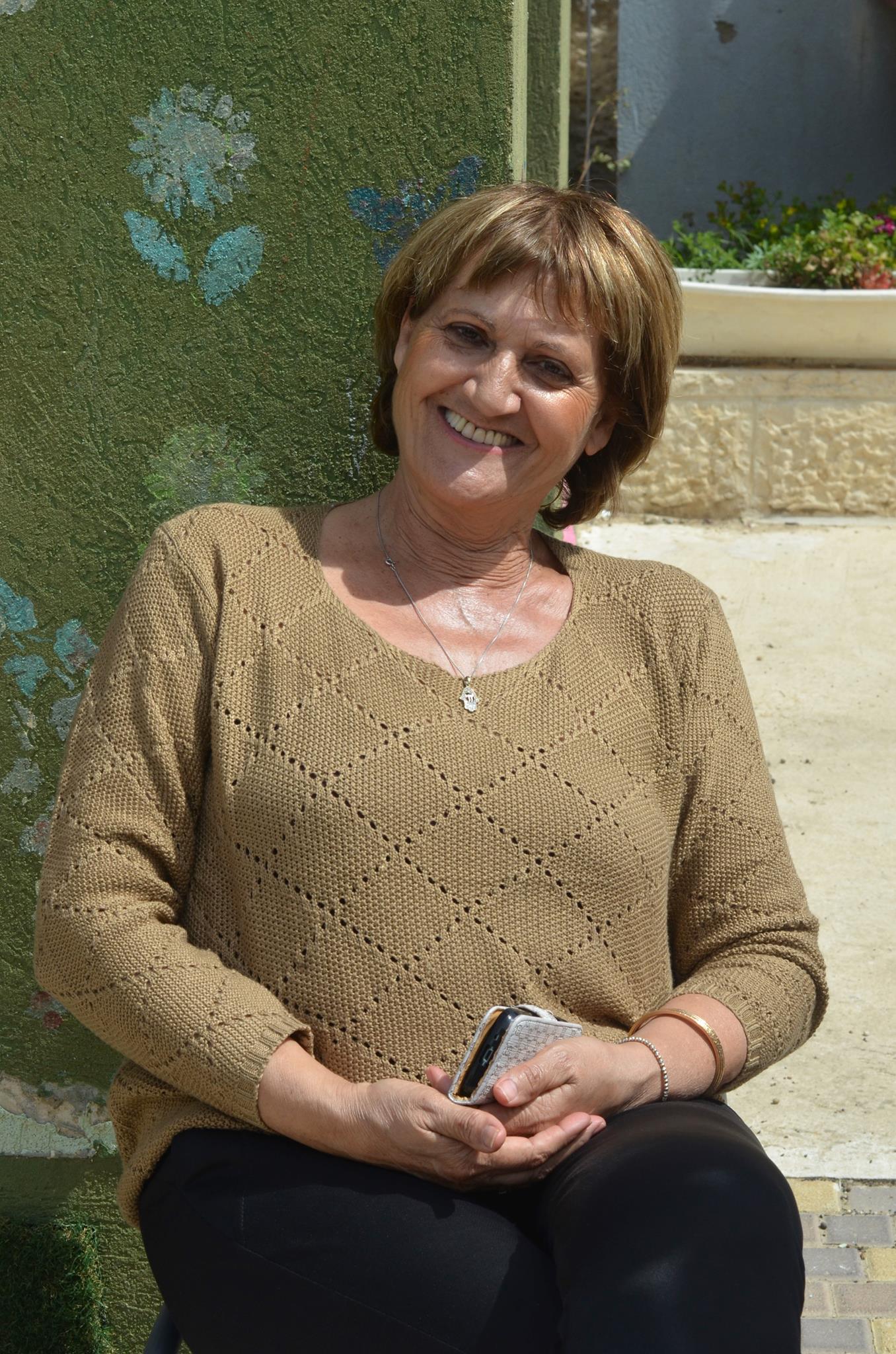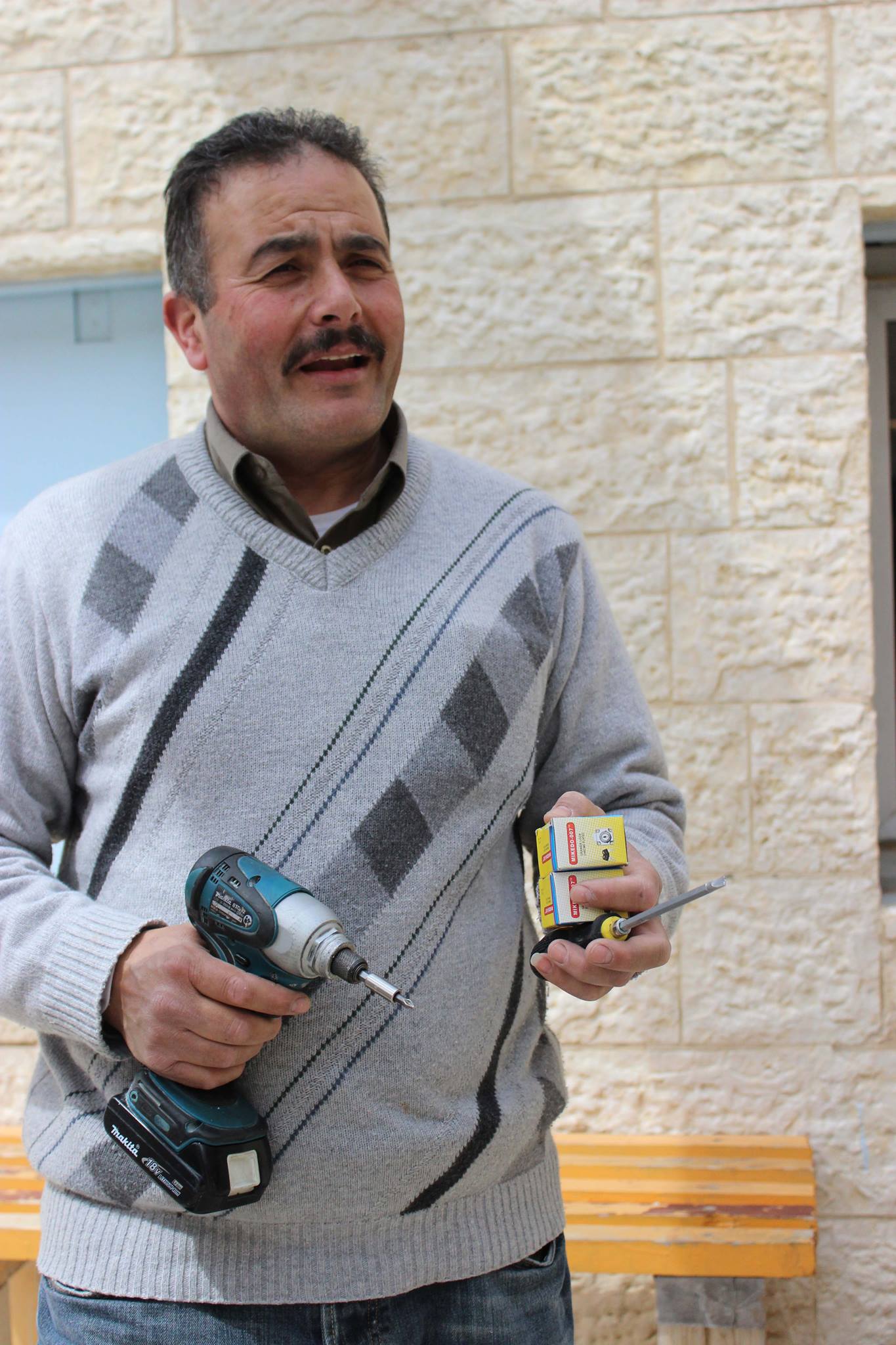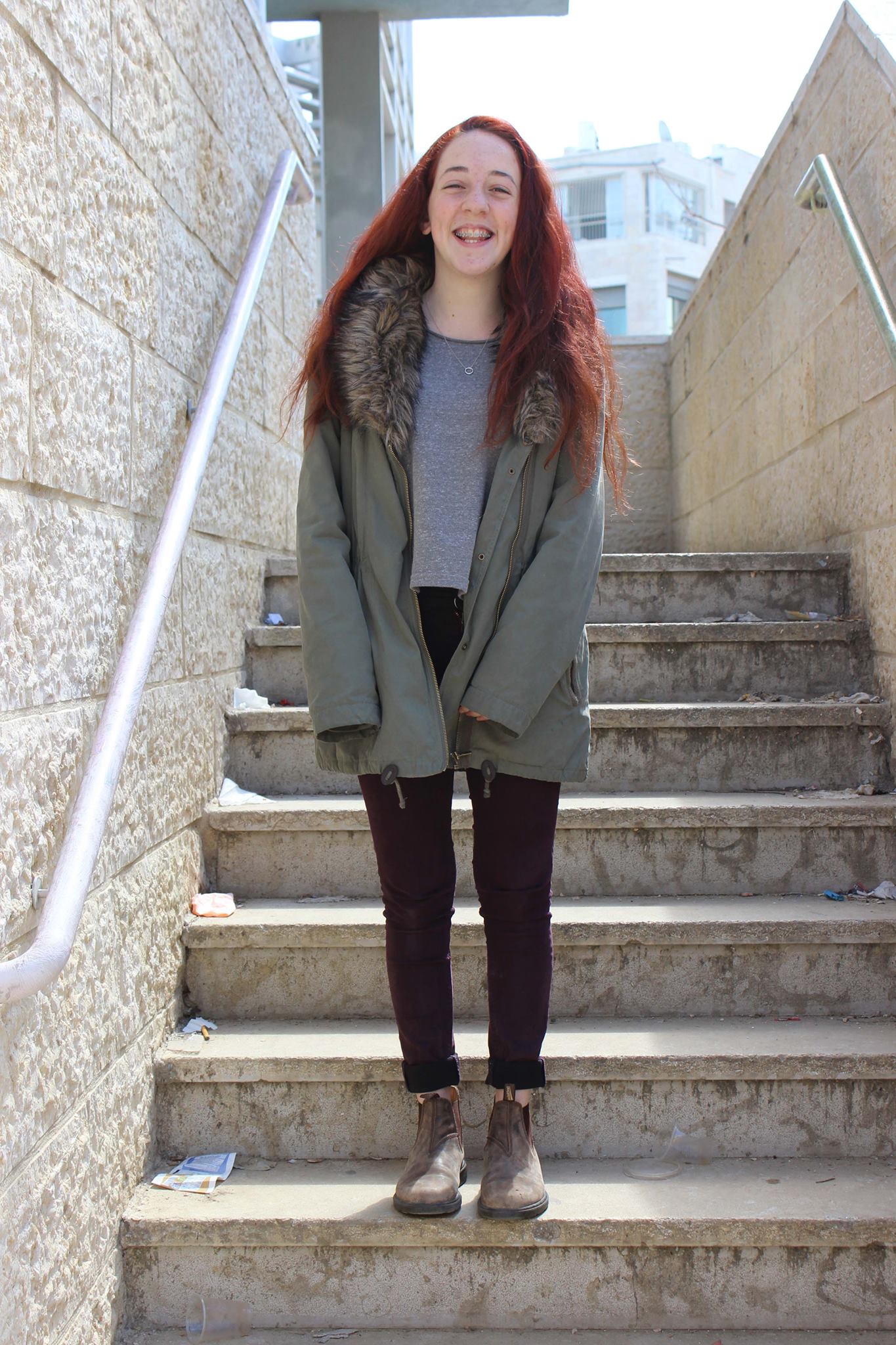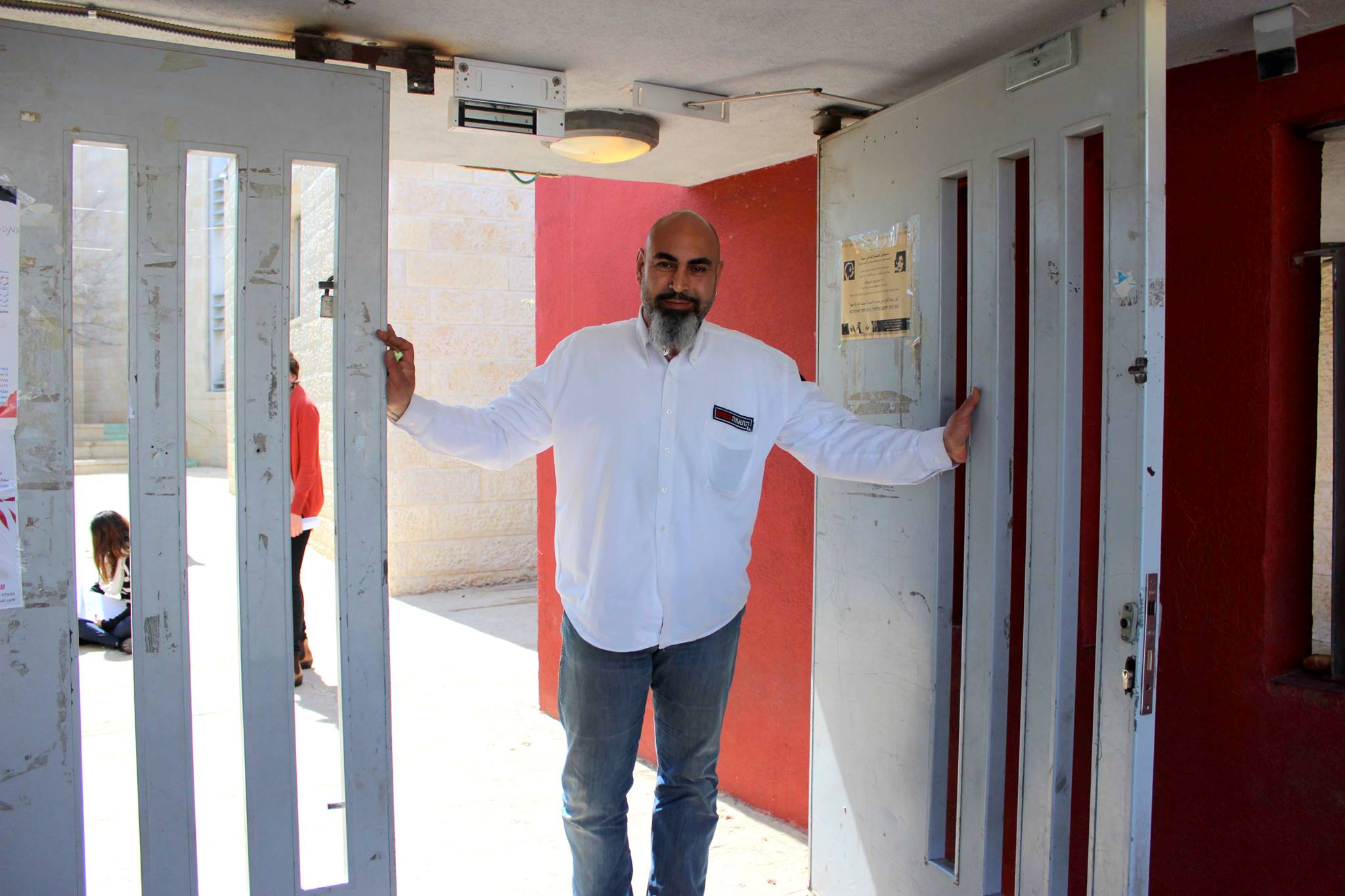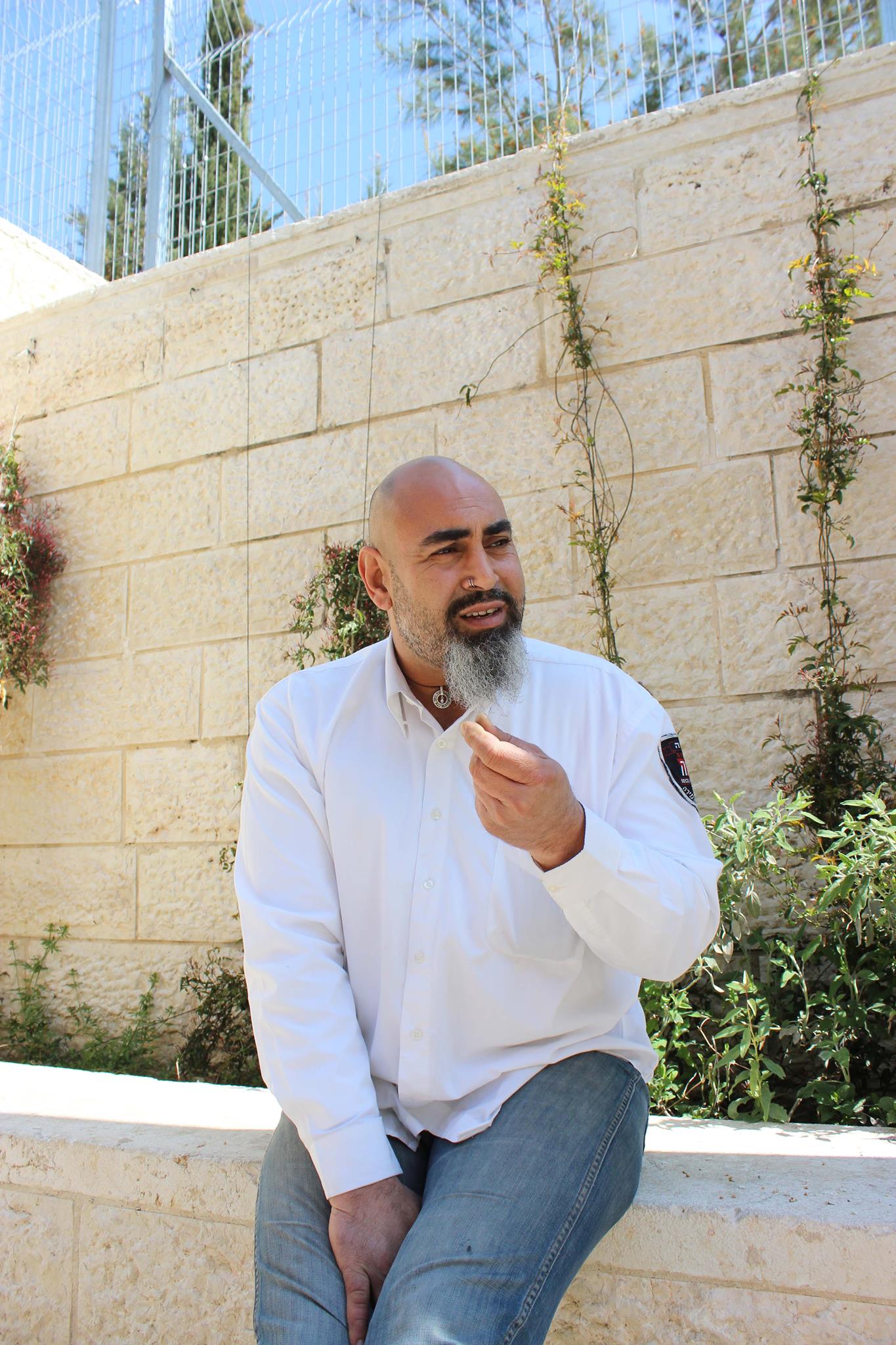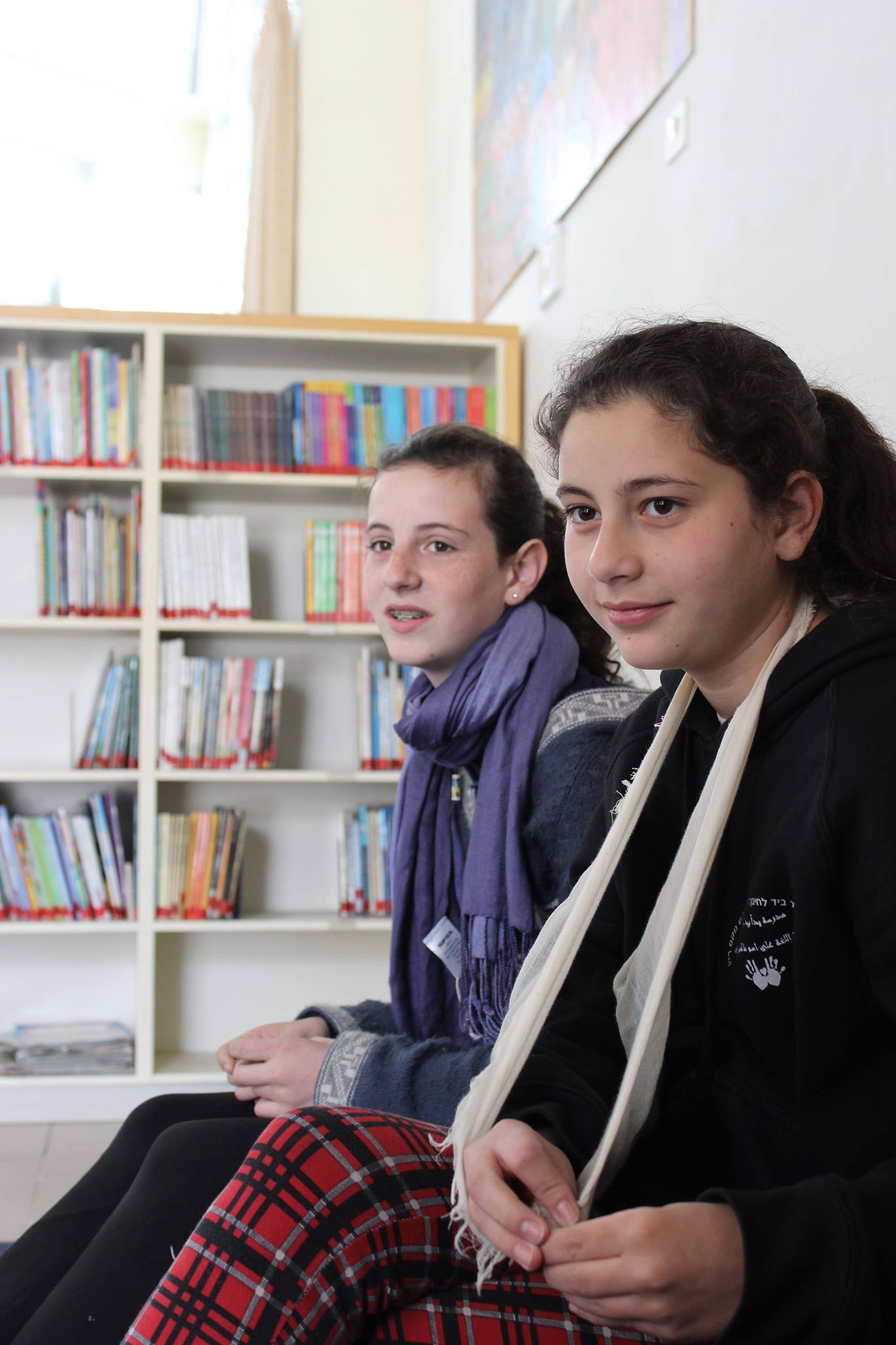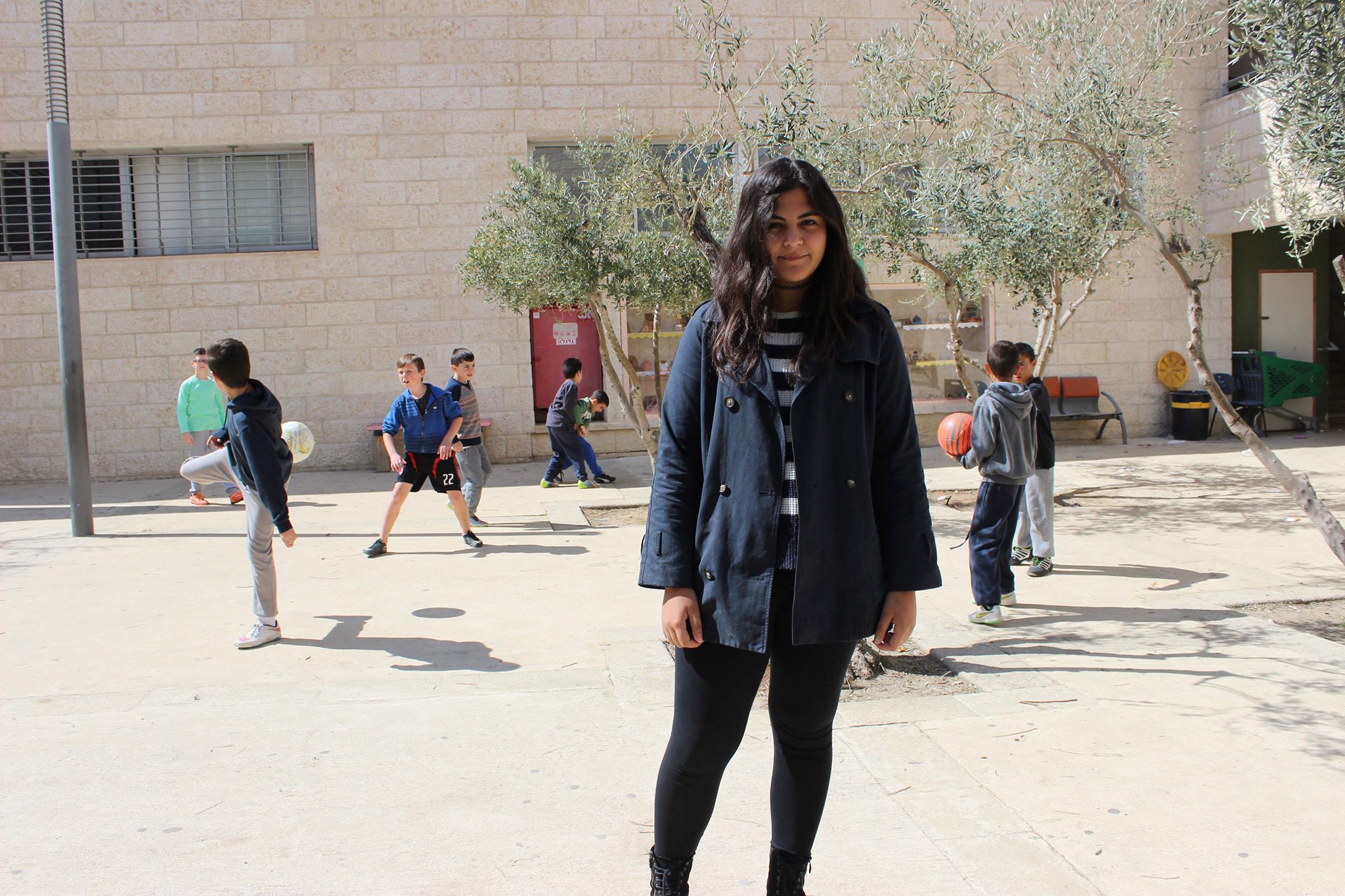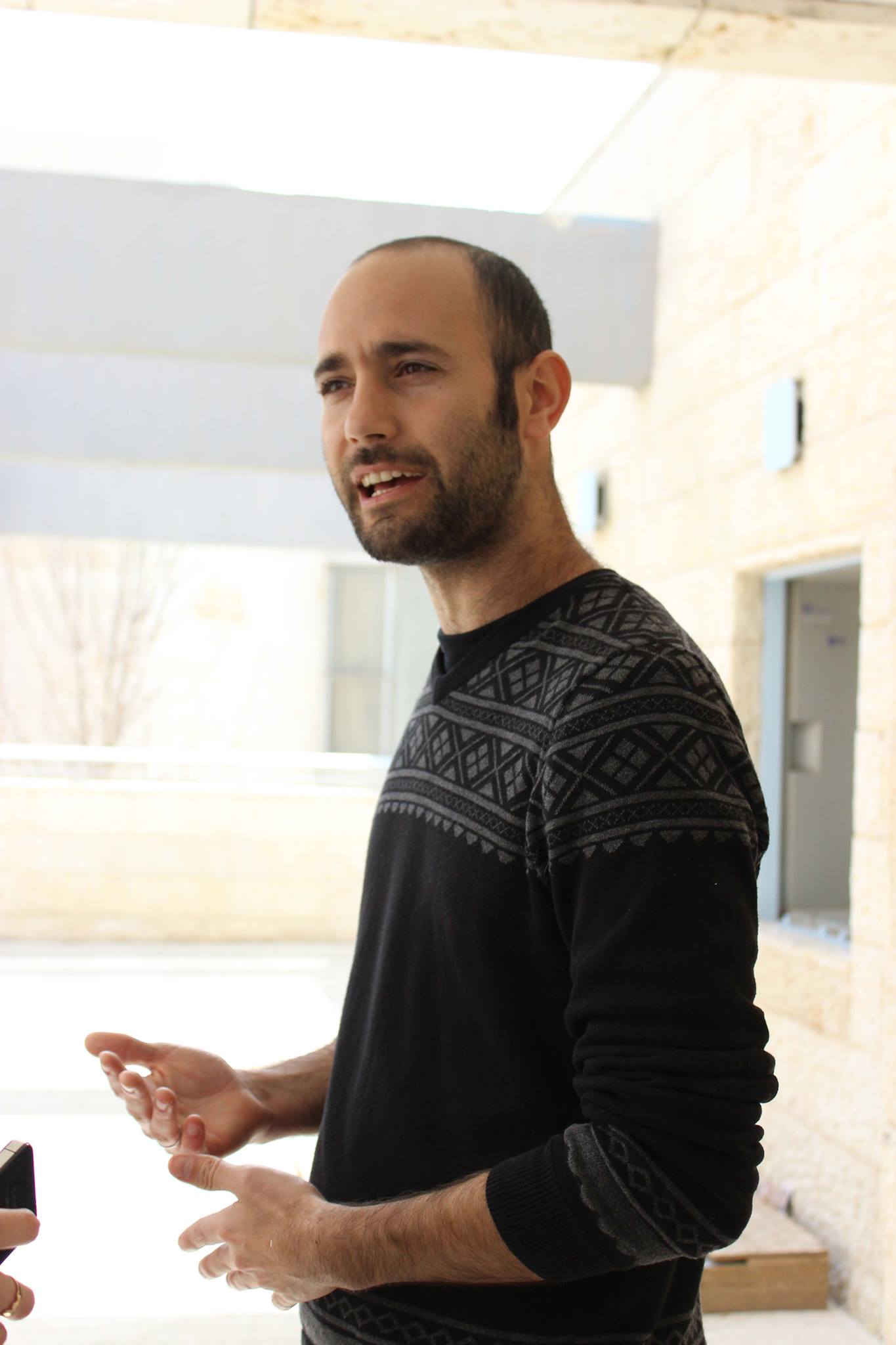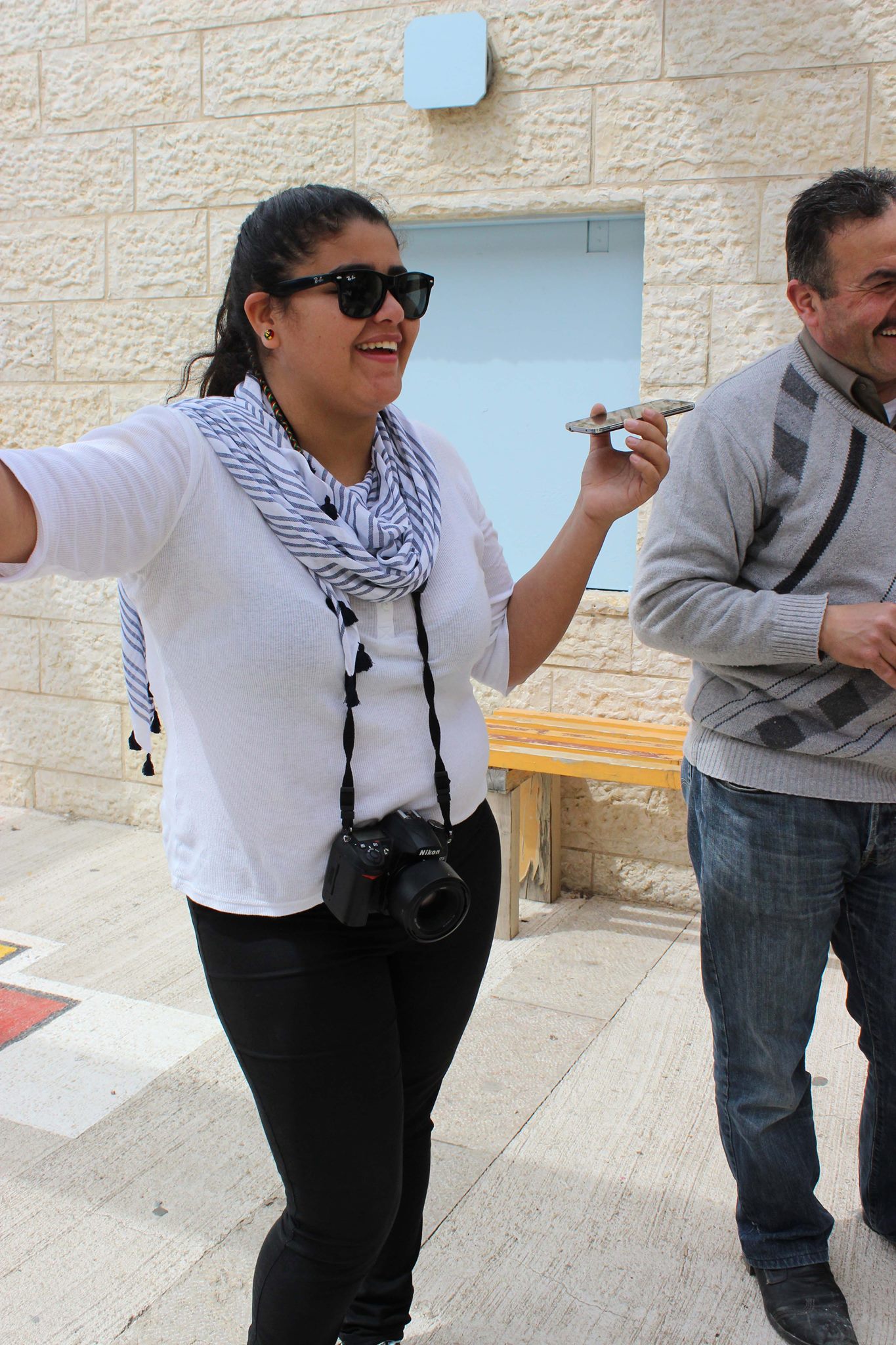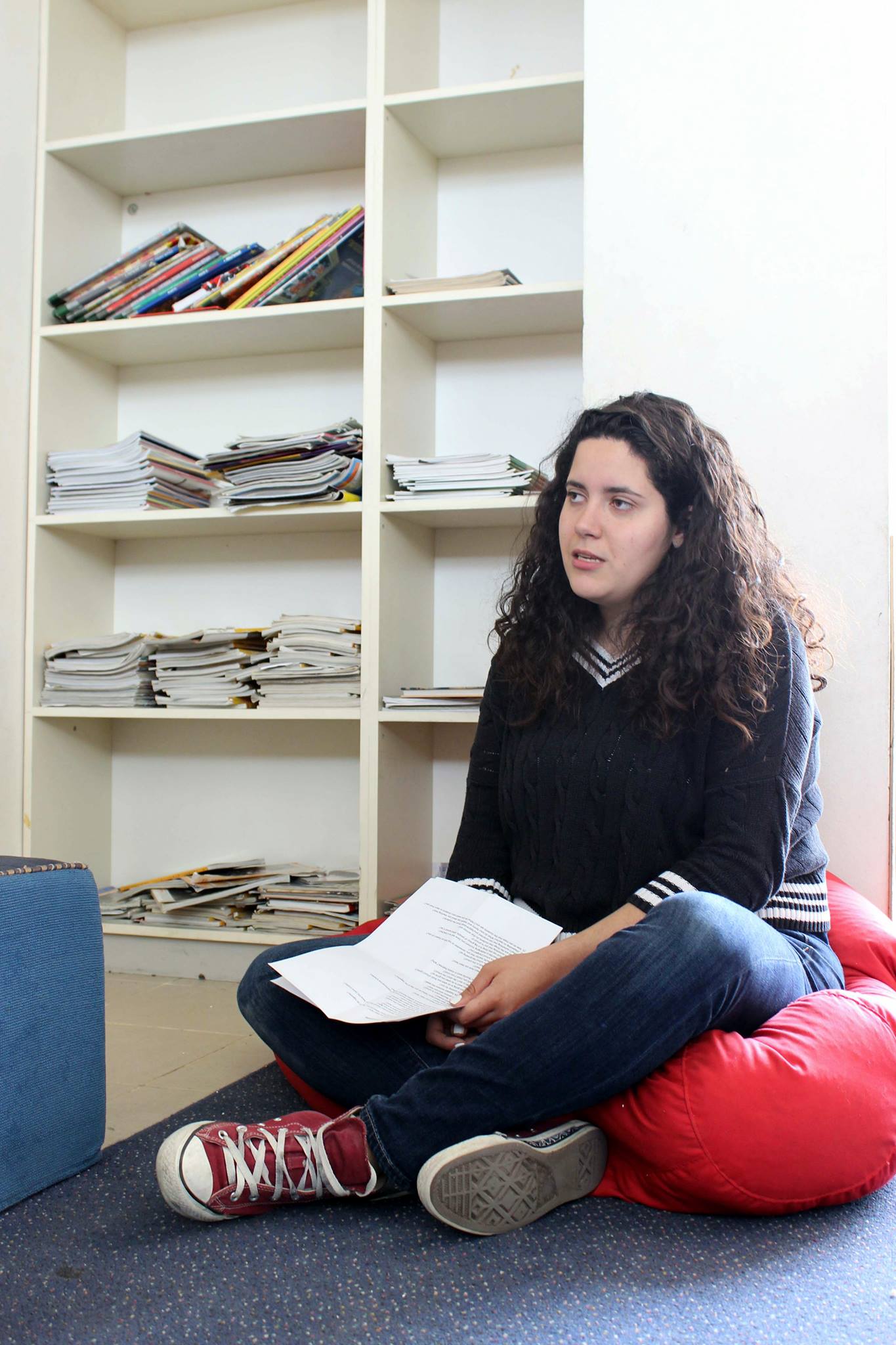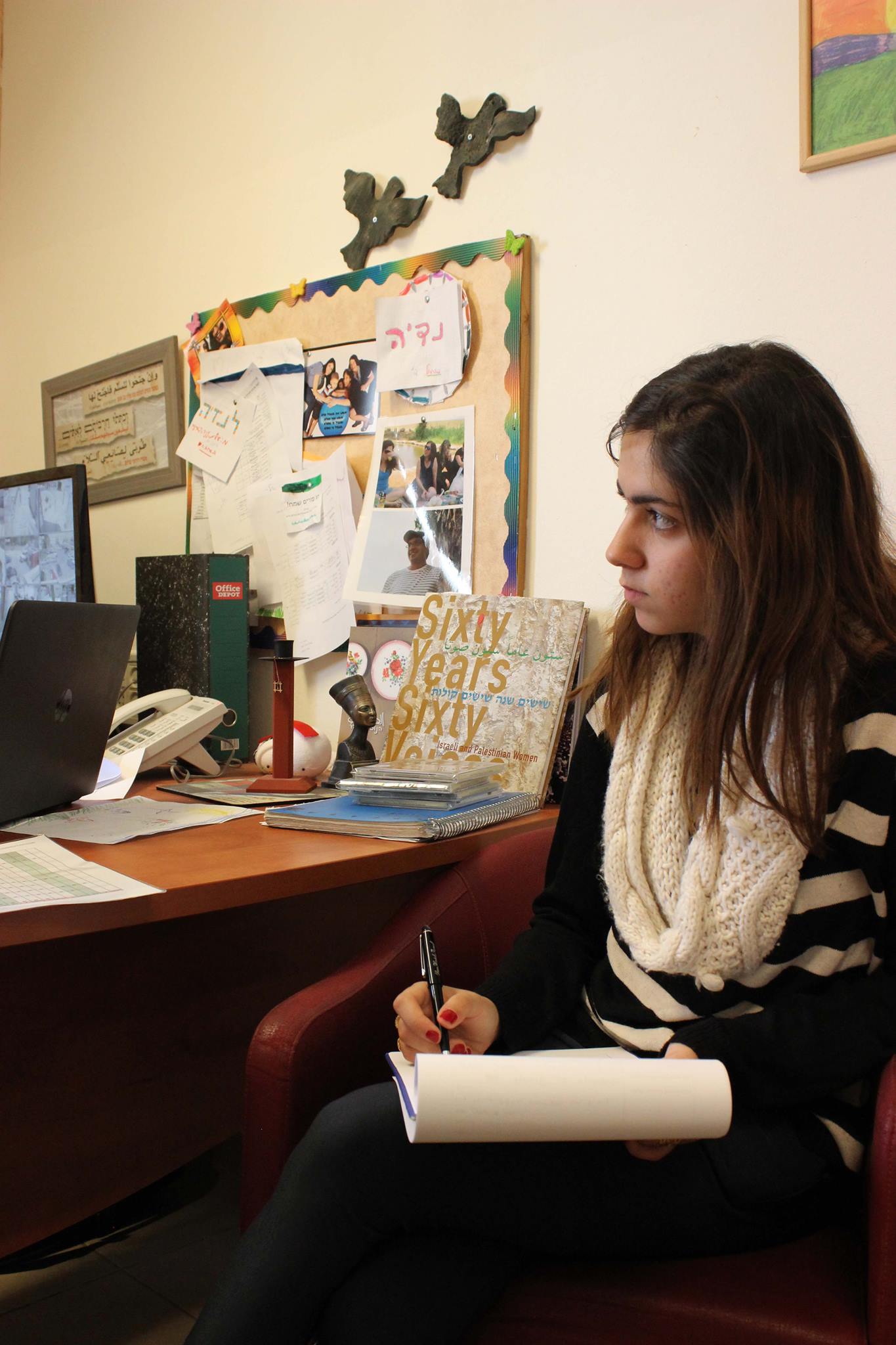March 15th, 2015
I spent the weekend at a conference with Palestinians and Israelis in Beit Jala, a place only 15 minutes from Jerusalem that sits at the confluence of roads that lies in the space where Israelis and Palestinians both have permission to be. We stayed at a hotel called the Everest, and as we climbed the hill to the very top, it was clear why it was named such.
It was an incredible weekend; there were Palestinians from all over the West Bank near Nablus, Ramallah, Bethlehem and Hebron. Israelis from Jerusalem, Hadera, Sderot and the north. We began the weekend by sharing the thing that is most important to us: family, freedom, silence, music, learning, an end to occupation, peace.
I befriended a young Palestinian from Jericho who plays classical guitar with fingers plucking notes like water. He shared how he can't meet his friends in Haifa because he doesn't have a permit to travel and the frustration he feels being 21 and not able to go 45 minutes away from home. I listened as a young Israeli described how she couldn't return to her work for 2 weeks after a rocket had fallen near it this summer. An older Palestinian from Bethlehem described his experience as a 15 year old when the army would not let him return to his home during a curfew and after making him take the long way around, arrested him. I listened as another Israeli described a moment meeting a Gazan and acting as his legal companion to satisfy permit requirements to reach Jordan. The Israeli shared how it was the Gazan's first time out of Gaza in his entire life—he hadn't seen an orange orchard since he was little. The Israeli took the long way to the Jordanian border with a stop in Jerusalem so that this Gazan could visit al-Aqsa. I sat at breakfast with a Palestinian whose family is originally from Gaza. He described how 15 members of his family died this summer. 11 of them died at the same time when their house was flattened. Yet he continues to come to these meetings. His eyes sparkle when he laughs.
Brought together to share these heavy personal stories, I was surrounded by a lightness. Here we were, a strange mixture of Arabic, English, Hebrew, and patient translations, coming together to talk, to listen, and to be heard.
The second day was devoted to brainstorming sessions: what projects could we create together, what ideas did we want to put into action? Ideas ranged from language exchange, to fundraising for a center for disabled children, to starting a running group and organizing a marathon from Tel Aviv to Ramallah, to trying to humanize the news and remove media bias. Past groups had created Tiyul Rihla, an organization that takes Israelis and Palestinians on tours of historical sites and shares both narratives and Two Neighbors, a fashion line that incorporates Palestinian embroidery in high fashion and is sold in the States. Our ideas were big, yet we broke them down into small steps such as exchanging each other's email addresses. The main goal was to commit to meet again.
I left the bubble from this weekend and I feel hopeful. I am now faced with so many opportunities and new beginnings, new friends and new experiences to come. The weekend was invigorating and inspiring. Good things can begin with something small.
Elections are in 3 days. Hold your breath, knock on wood, and do whatever superstitious ritual you have for good luck. We need it here.
To learn more about the organization that hosts Global Village Square Conferences, click here.
